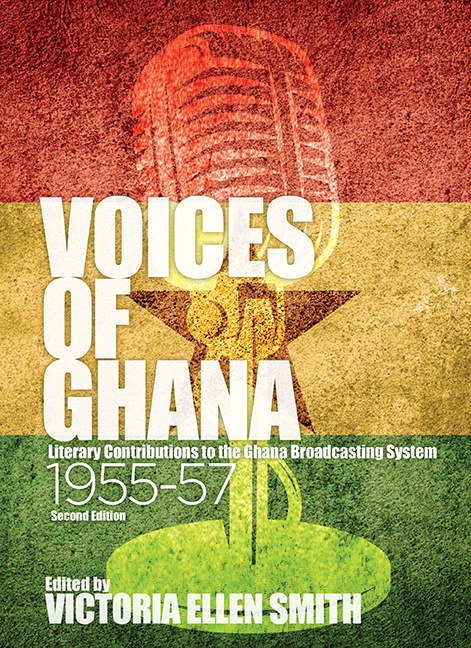Book contents
- Frontmatter
- Contents
- List of Illustrations
- Preface and Acknowledgements
- No Wings
- Preface to Second Edition
- Foreword to Second Edition
- Introduction to Second Edition
- A Note of History
- Should I Ever…
- THE COUNTRYSIDE
- AKAN
- The Poetry of Drums
- Across the Prah
- The Tale of Ananse and Twala the Thief
- Ananse's Punishment
- Ohia and the Thieving Deer
- ‘The Iron Bar’
- Drum Proverbs
- Afram
- A Fisherman's Day
- Komenda Hill
- Ahanamanta (Harmattan)
- Mami Takyiwa's Misfortune
- New Life at Kyerefaso
- No Ten Without Nine
- EWE
- GA-ADANGME
- DAGOMBA
- HAUSA
- THE TOWN
- The Contributors
- Index
Drum Proverbs
from AKAN
Published online by Cambridge University Press: 02 August 2019
- Frontmatter
- Contents
- List of Illustrations
- Preface and Acknowledgements
- No Wings
- Preface to Second Edition
- Foreword to Second Edition
- Introduction to Second Edition
- A Note of History
- Should I Ever…
- THE COUNTRYSIDE
- AKAN
- The Poetry of Drums
- Across the Prah
- The Tale of Ananse and Twala the Thief
- Ananse's Punishment
- Ohia and the Thieving Deer
- ‘The Iron Bar’
- Drum Proverbs
- Afram
- A Fisherman's Day
- Komenda Hill
- Ahanamanta (Harmattan)
- Mami Takyiwa's Misfortune
- New Life at Kyerefaso
- No Ten Without Nine
- EWE
- GA-ADANGME
- DAGOMBA
- HAUSA
- THE TOWN
- The Contributors
- Index
Summary
Nearly every Twi proverb quoted in ordinary speech can be reproduced on drums. Many resourceful master drummers, therefore, often interlard their drum calls and praises with suitable proverbs of encouragement, incitement and so on.
There is, however, a set of proverbs which are specially constructed for use on drums, among them the proverbs of the Akantam dance played by the Fontomfrom orchestra. The proverbs of Akantam have regular metrical form, in which sound, and absence of sound or pause, have definite temporal relations. Repetitions of words, phrases or even sentences are made for metrical or special effect.
The Akantam, then is a cycle of proverbs. Each piece containing at least two proverbs, is preceded by certain introductory rhythms. The proverbs are then played rhythmically in unison by all the heavy drums, the small drums providing the musical ‘ground’. The piece is then concluded with musical rhythms merging into the introduction of the next piece. One of the proverbs quoted in each piece serves as a refrain and occurs with other proverbs in the cycle.
It is the drummer of the talking drums that indicates which proverb is to be played next in the cycle. The introductory and concluding rhythms are, therefore, meant to give him time to think while the dancers in the ring are kept busy.
The Path has crossed the River.
The River has crossed the Path,
Which is the elder?
The Path has crossed the River,
The River has crossed the Path,
Which is the elder?
We made the Path and found the River.
We made the Path and found the River.
The River is from Iong ago.
Truly the River is from
The Creator of the Universe.
Akyereko Kwagyan,
He crosses the Nwabe River and gets to Ohwim.
Red Ant, you are clinging to the bunch of kola nuts.
Red Ant, you are clinging to the bunch of kola nuts.
You are not going to pluck it, either to eat or to sell.
What is the Red Ant going to do with the bunch of kola nuts?
Duiker Adawurampon Kwamena,
Who told the Duiker to get hold of his sword?
The tail of the Duiker is short,
But he is able to brush himself with it.
- Type
- Chapter
- Information
- Voices of GhanaLiterary Contributions to the Ghana Broadcasting System 1955–57, pp. 81 - 85Publisher: Boydell & BrewerPrint publication year: 2018



